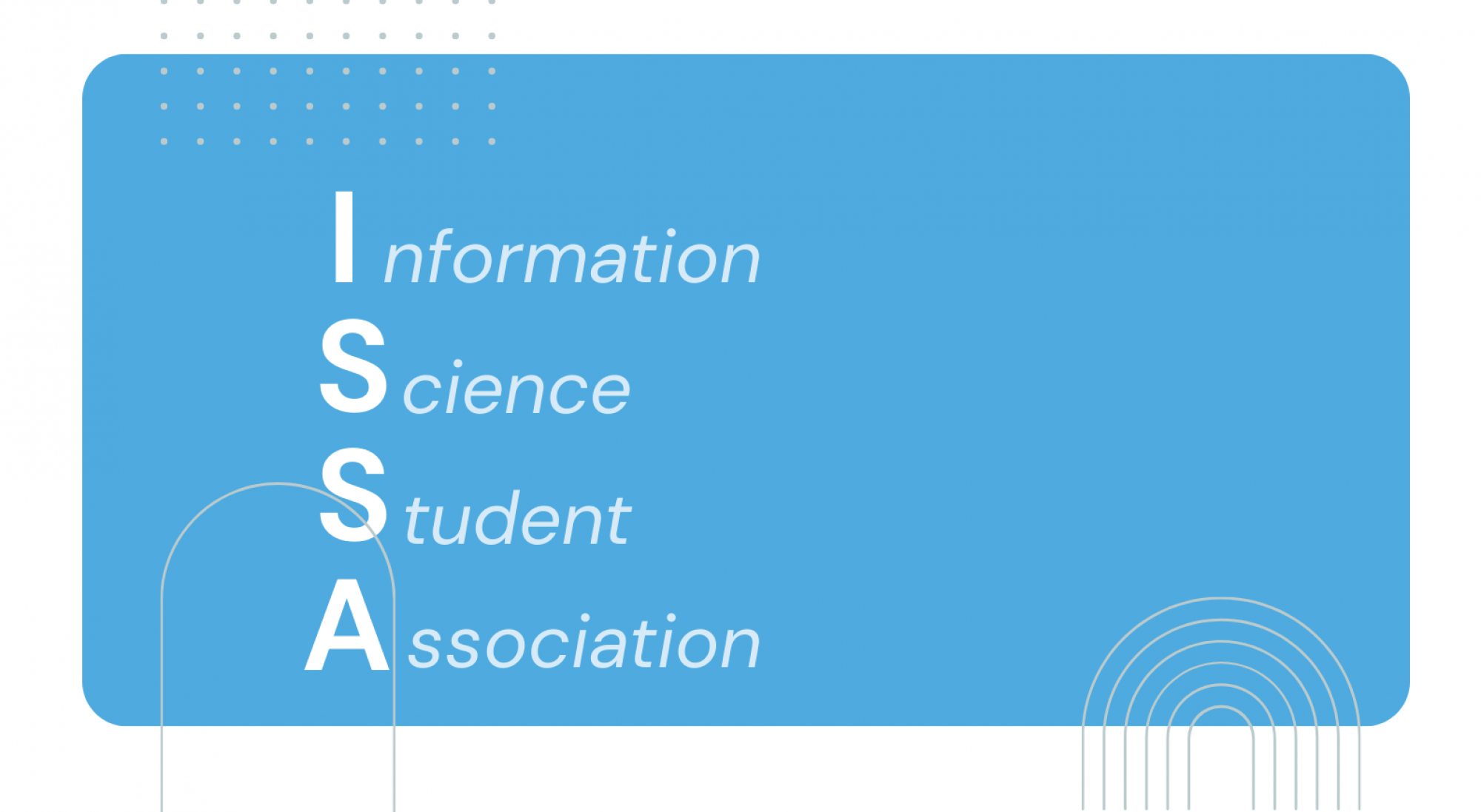Lecture Details
Thursday, October 20th, 2016
11:45am-12:45pm
Room 3089, Kenneth C. Rowe Management Building, 6100 University Avenue
The Information Management Public Lectures give attention to exciting advances in research and professional practice. The topics are diverse reflecting the importance and global extent of Information Management in today’s society. The lectures are open to all members of the Dalhousie campus and surrounding community. Click here for the full schedule. We encourage you to attend in person, but if that is not possible you can access a recording on our website following the lecture. Live streaming is not currently available.
Presented by the School of Information Management, the Environmental Information: Use and Influence research program, and the MacEachen Institute for Public Policy and Governance. Notice and poster attached.
Elizabeth De Santo & Lea Senft
Franklin & Marshall College (Pennsylvania)
How can stakeholders inform public policy? With increasing attention being given to evidence-based decision making, at least in Canadian political rhetoric over the past year, what can be learned from recent experience at national and global levels? What role does information fulfil in decision-making processes? In this lecture, two speakers from Franklin & Marshall College in Lancaster, Pennsylvania will draw on their studies to illustrate how stakeholder engagement and information exchange have played out in British and global conservation planning. They will outline recommendations for strengthening the use of information in public policy decisions.
Speaker 1: Elizabeth De Santo, PhD
California Dreaming: Challenges of Implementing Science-Based Marine Protected Area (MPA) Planning Processes in Different Political Contexts
Abstract: In response to direct and indirect pressures on the marine environment posed by increased development and climate change, the international community has been designating networks of marine protected areas (MPAs) and implementing marine spatial planning (MSP) in their exclusive economic zones, including offshore areas. This lecture critically assesses the role of evidence in marine conservation planning in the United Kingdom (UK), a process that drew heavily on the example set by California’s Marine Life Protection Act (MLPA) planning process. Whereas the role of a science advisory panel played a constructive role and facilitated MPA planning in the Californian context, the outcome in the UK was quite different; evidence became a sticking point hampering the process. The actual designation of sites in the UK has been slower than expected, and none of the Reference Areas (e.g., no-take MPAs) recommended by stakeholder-led consultations have been implemented. Drawing on examples from the United States, Australia, and the UK, I will provide recommendations for effective science-led marine conservation planning.
Biography: Elizabeth De Santo is Assistant Professor of Environmental Studies at Franklin & Marshall College, in the Department of Earth and Environment. Her teaching and research focus on marine conservation and environmental governance, critically examining: (1) the efficacy of spatial approaches to conserving marine species and habitats, and (2) the science-policy interface in environmental decision-making. She is particularly interested in the challenges of effectively implementing Marine Protected Areas and biodiversity conservation worldwide. Prior to joining Franklin & Marshall College, she was a faculty member in the Marine Affairs Program at Dalhousie University. She has also held positions with the International Union for Conservation of Nature (IUCN) and the World Environment Center, consultancies with the Office of the Auditor General of Canada and the Institute for European Environmental Policy, and she is a member of the IUCN World Commission on Environmental Law.
Speaker #2: Lea Senft
A Critical Examination of the Intergovernmental Science-Policy Platform on Biodiversity and Ecosystem Services (IPBES): Improving Mechanisms for Stakeholder Engagement
Abstract: In this talk, I will critically examine mechanisms for stakeholder engagement within the Intergovernmental Science-Policy Platform on Biodiversity and Ecosystem Services (IPBES), recently established within the Convention on Biological Diversity. Tying ecosystem services to this platform is not only vital for biodiversity conservation, but also depends upon good stakeholder engagement, as well as effective global assessments. Further, this project explores lessons learned from the Intergovernmental Panel on Climate Change (IPCC), under the UN Framework Convention on Climate Change. In particular, the IPCC’s strengths and weaknesses are examined in order to derive how IPBES can improve its approach, including stakeholder engagement. I have found that stakeholder engagement is at the early stages for IPBES, however, the organization is taking the necessary steps toward improvement. I have also seen that ecosystem services are at the forefront for IPBES, and its regional assessment plan provides more influential data for future conservation initiatives. In this talk, I will provide recommendations about areas in which IPBES can improve, drawing on the experience of the IPCC, and providing an in depth assessment of where IPBES needs to go to provide crucial conservation data.
Biography: Lea Senft is a senior undergraduate student, pursuing a Joint Major in Environmental Studies and Public Policy at Franklin & Marshall College, Lancaster, Pennsylvania. She is in her second year of independent study with Elizabeth De Santo, and has completed coursework in both American and global environmental policy.
